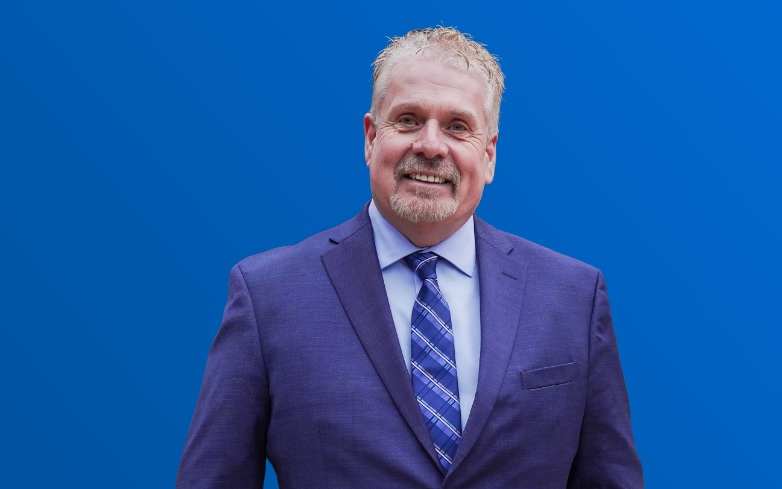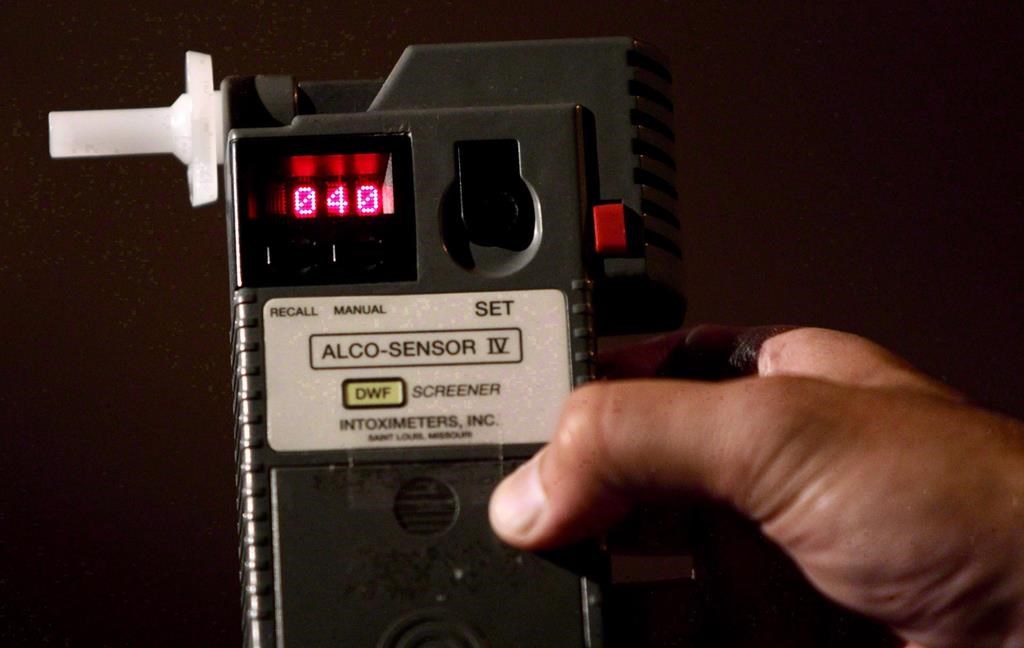‘No one is safe until we’re all safe’: Emergence of Omicron highlights global vaccine inequity
Posted December 1, 2021 10:40 am.
Last Updated December 1, 2021 6:17 pm.
With the emergence of the Omicron COVID-19 variant, the lack of equal access to vaccines in low-income countries has been brought into sharp focus once again.
In South Africa, where the variant was first identified, just over 24 per cent of the population has been fully vaccinated, compared to 75.5 per cent in Canada and 76.3 per cent in the United States.
Dr. Jillian Kohler, professor at the Leslie Dan Faculty of Pharmacy at the University of Toronto, says making sure that those in low-income countries are able to get vaccinated is crucial to ending the COVID-19 pandemic.
“It sounds trite, but it’s for real — no one is safe until we’re all safe,” she said. “If we want to think about getting back to our lives, we also need to think about global equity, because as we’re seeing right now, if there are outbreaks in other parts of the world, they will have an impact on us.”
Health justice activist and palliative care physician Dr. Naheed Dosani echoes the sentiment.
“This is a pandemic, our health is more interconnected than ever before,” he said. “A lack of vaccine supply means new variants can develop in poorer countries around the world — which can ultimately be bad for those countries, but also very bad for us … and Omicron is potentially the product of that kind of phenomenon.”
As the World Health Organization (WHO) explains, when a virus is circulating widely in a given population and causing many infections, the chances of it mutating increase.
“The more opportunities a virus has to spread, the more it replicates – and the more opportunities it has to undergo changes,” reads the WHO’s website.
“My nation first” approach is self-defeating
Dr. Kohler says the “my nation first” approach that many high-income countries have taken to vaccinations is short sighted and self-defeating.
“Even if we think, ‘okay, we’re good, we got vaccines,’ — no, actually it’s not good enough,” she said. “We have to change the narrative. It’s not an ‘us versus them,’ it’s a ‘we.’ I think we need to make sure that we’re not framing [the vaccine conversation] in terms of ‘we need to protect Canadians.’ It’s really about what can we do as a global community to make sure everyone who needs a vaccine gets access to them.”
Dr. Dosani adds that in the rush to get Canadians vaccinated, the authorities have failed to devote enough energy and resources to helping low-income countries, which would inevitably be universally beneficial.
“This isn’t a race to the finish line. It’s not that those who finish first are in a better position than those who are finishing later,” he said. “We all actually just have to finish the race.”
Dr. Kohler says it is vital that Canada support funding for vaccines in those countries that can’t afford to participate in bilateral vaccine agreements.
Further, while Canada and other wealthy nations have made significant contributions to the WHO’s COVID-19 Vaccine Global Access Facility (COVAX), the organization is still far from their goal of getting 40 per cent of the population of every country vaccinated by the end of the year.
Dr. Kohler says it comes down to a gap in global health governance, cooperation and a lack of leadership in that sphere.
“Canada is certainly not showing itself to be a leader … our actions are not showing leadership, they’re showing the ‘my nation first’ approach,” she reiterated.
“There is a significant proportion of people around the world who are yet to get their first vaccine dose and we here are talking about boosters,” said Dr. Dosani. “Boosters are important … there’s no doubt about that. But what does it say [about us] that we’re talking about boosters and so much of the world still doesn’t have their first dose.”
Dr. Dosani adds that the virus knows no borders and being triple-vaccinated will still not be sufficient protection until we ensure the rest of the world is at the same level.
“If we’re not making sure that everyone else around the world is getting vaccinated at the same time, we won’t get through this pandemic, we won’t move on,” he said.
Lack of vaccine uptake exacerbating inequity
Even when supply is available, Dr. Kohler says vaccine uptake is sorely lacking in countries with “endemic corruption.”
“There’s a real issue in many countries globally — there’s a lack of trust in governments and governance. Sometimes there is a lot of vaccine hesitancy or resistance because governments have not shown themselves to be transparent, accountable and credible,” she explained.
In order to help overcome this, she says countries who are in a position to do so should support other governments to “make sure that they are actually being accountable to their citizens, protecting human rights and they’re making sure that information about vaccines is transparent and available to their populations.”
Pharmaceutical industry and patents
Dr. Kohler says another major contributor to vaccine inequity is that the COVID-19 vaccine formulae are private and not being shared freely.
“The fact that we have [patent] protection of vaccines for COVID is actually morally reprehensible,” said Dr. Kohler, adding that it speaks to a lack of government leadership.
“Why are we concerning ourselves with ensuring that pharmaceutical companies are making tremendous profits, when people are dying and need access to vaccines?” she asked.
“There should be a sharing of technology, there should be a waiving of patents. There is a lot more which we know we could do, but we’re not doing.”
Individual actions
Both Dr. Kohler and Dr. Dosani say ordinary Canadians can make a difference by taking collective action.
Dr. Dosani says it’s vital for people to not only educate themselves about vaccine inequity around the world and understand how it directly affects them, but also to “get political.”
“Contact your politicians, let them know you are concerned about vaccine inequity around the world and that you want them to step up and speak out and do more about that,” he said. “I think that’s the way we can actually make change.”
Dr. Kohler also says it’s time to question authority and demand action.
“Ask your government to waive patent rights, ask your government to give more funding for vaccines, ask your government to do the right thing and stand up to the pharmaceutical industry,” she said.










